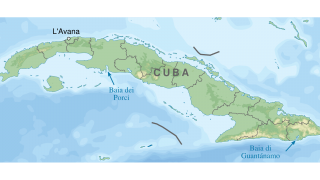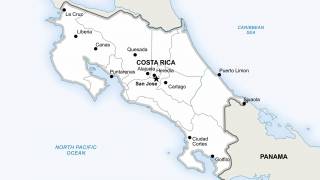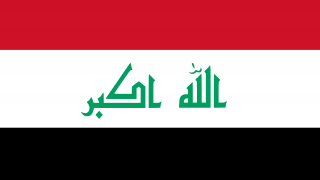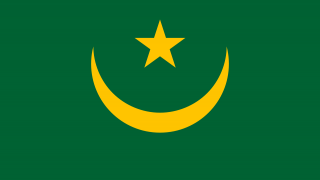14 Countries ‘Not To Visit’ in 2020

Throughout 2019, the US Department of State published various Travel Advisories for countries around the world. These State Department Advisories range in severity, from Level 1 to Level 4, which is the most alarming, labeled as ‘Do Not Travel’.
In addition, US embassies based in these countries issue local alerts generally focused on demonstrations and air travel logistics.
The State Department and its local embassies offer these insights to empower international travelers to better assess the risk when visiting these countries. And, local embassy personnel may have limited ability to assist U.S. citizens during an emergency.
And, if you do decide to travel to a high-risk country such as Venezuela, these Travel Advisories suggest actionable plans for what to do if something goes wrong and you need assistance when overseas.
As you prepare travel plans for the new year, you can find listed below the countries with the highest alerts issued by the State Department.
Level 4 Travel ‘Do Not Travel’ Advisories
- Afghanistan
- Bolivia
- Burkina Faso
- Central African Republic
- Iraq
- Iran
- Libya
- Mali
- North Korea
- Yemen
- Somalia
- South Sudan
- Syria
- Venezuela
Occasionally, the State Department will identify specific states within a country as a ‘Do Not Travel’ area, such as Mexico.
The State Department classified the United Mexican States as an overall Level 2, Exercise Increased Caution’ Advisory on December 17, 2019, while there are 5 states in Mexico with an active Level 4 Advisory, such as the state of Tamaulipas.
Previously, the State Department issued a worldwide Advisory in January 2019, which advised international travelers that there are ‘attacks on "soft" targets, such as:
- high-profile public events (sporting contests, political rallies, demonstrations, holiday events, celebratory gatherings, etc.)
- hotels, clubs, and restaurants
- places of worship
- schools
- parks
- shopping malls and markets
- tourism infrastructure and tourist sites
- public transportation systems
- airports’
Furthermore, the State Department urges ‘U.S. citizens to enroll in the Smart Traveler Enrollment Program to receive security messages and to make it easier to locate you in an emergency.’
And, ensure your U.S. passport is valid and available if needed.
In addition to the US Department of State, countries such as the United Kingdom issue travel advisories. The UK’s Foreign Travel Advice listing can be found at this website.
Separately, the US Centers for Disease Control and Prevention (CDC) issues Travel Alerts, ranked from Level 1 to Level 3, which are designed to inform travelers about current health issues related to specific international destinations.
As an example, there are various and extensive dengue outbreaks being reported in the Americas, Asia, and Africa.
Moreover, international travelers are returning to the USA infected with dengue.
In addition, the CDC has issued specific Travel Alerts advising ‘pregnant women not delay visiting rubella outbreak cities, such as Tokyo, Japan.
These CDC Travel Alerts often suggest U.S. citizens traveling internationally confirm they are up-to-date on routine vaccinations, such as the MMR, DTaP, Varicella, Polio, and a yearly flu shot.
A recent study found under-vaccinated children are at increased risk for contracting measles when traveling abroad, such as visiting London.
And, certain international travelers may need to prove they have been vaccinated for yellow fever (Brazil) and polio (Asia) to enter certain countries.
The World Health Organization publishes a listing of countries with vaccination requirements.
Select CDC Travel Alerts can be found at this website.
International travelers can easily request a vaccine, medication, and supplies counseling appointment at Vax-Before-Travel.
Travel Alerts are published at Vax-Before-Travel
Our Trust Standards: Medical Advisory Committee

























